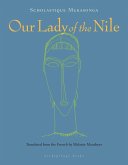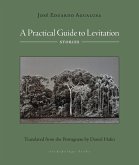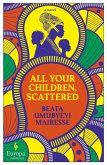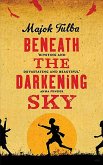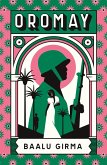A sharp and playful critique of colonialism from the leading voice of French-Rwandan literature, animated by memories, archival specters, and powerful women "In sentences of great beauty and restraint, Mukasonga rescues a million souls from the collective noun 'genocide,' returning them to us as individual human beings." - Zadie Smith In a 4-part narrative brimming with historical asides, alluring anecdotes, and murky questions left in the margins of colonial records, Sister Deborah heralds "a life that is more alive" as it explores the tensions and myths of Rwanda's past. When time-worn ancestral remedies fail to heal young Ikirezi's maladies, she's rushed to the Rwandan hillsides. From her termite perch under the coral tree, health blooms under Sister Deborah's hands. Women bear their breasts to the rising sun as men under thatched roofs stand, "stunned and impotent before this female fury." Now grown, Ikirezi unearths the truth of Sister Deborah's passage from America to 1930s Rwanda and the mystery surrounding her sudden departure. In colonial records, Sister Deborah is a "pathogen," an "incident." Who is the keeper of truth, Ikirezi impels us to ask, Who stands at the threshold of memory? Did we dance? Did she heal? Did we look to the sky with wonder? Ikirezi writes on, pulling Sister Deborah out from the archive, inscribing her with breath. A beautiful novel that works in the slippages of history, Sister Deborah at its core is a story of what happens when women - black women and girls - seek the truth by any means.
Dieser Download kann aus rechtlichen Gründen nur mit Rechnungsadresse in A, B, BG, CZ, D, DK, EW, E, FIN, F, GR, HR, H, I, LT, L, LR, NL, PL, P, R, S, SLO, SK ausgeliefert werden.



